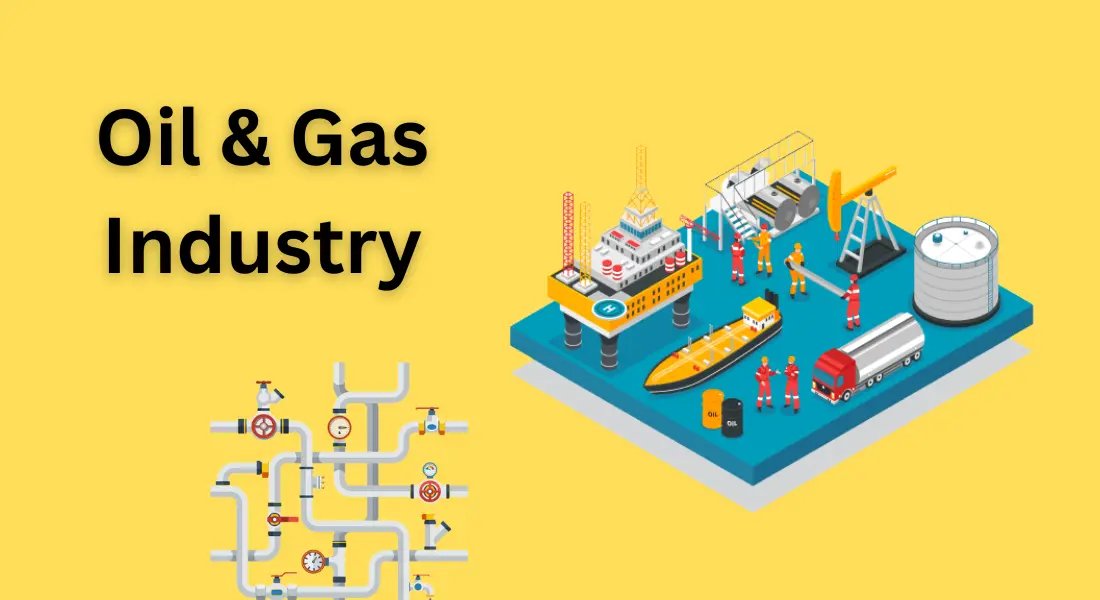Application of Actuators in the Oil & Gas Industry

Electrical actuators play a pivotal role in the Oil & Gas industry, facilitating the precise control of various critical processes and equipment. These devices convert electrical energy into mechanical motion, allowing for the automation and regulation of valves, dampers, and other key components within the industry. Here's a brief overview of their implementation and significance:
Valve Control: One of the primary applications of electrical actuators in the Oil & Gas sector is valve control. Valves are essential for regulating the flow of liquids and gases in pipelines, refining processes, and wellhead operations. Electrical actuators offer precise and rapid control over these valves, enabling operators to adjust flow rates, pressure, and temperature with high accuracy. This not only improves operational efficiency but also reduces the likelihood of human errors.
Safety Systems: In the Oil & Gas industry, safety is paramount. Electrical actuators are integral to safety systems, where they are used to quickly shut off valves and isolate equipment in emergency situations. These actuators can respond rapidly to signals from sensors that detect anomalies such as leaks or pressure spikes, helping to prevent accidents and protect personnel and assets.
Remote Operation: The remote and often harsh environments in which Oil & Gas operations take place make remote operation a necessity. Electrical actuators can be operated and monitored from centralized control rooms, eliminating the need for manual intervention in remote locations. This not only improves safety but also reduces operational costs by minimizing the need for on-site personnel.
Maintenance Efficiency: Traditional pneumatic or hydraulic actuators require extensive maintenance and periodic fluid changes. Electrical actuators, on the other hand, are relatively low-maintenance, leading to cost savings and increased equipment reliability. They are also less susceptible to environmental factors like temperature and humidity, which can affect other types of actuators.
Environmental Benefits: The Oil & Gas industry is increasingly focused on reducing its environmental footprint. Electrical actuators contribute to these efforts by offering energy-efficient operation and precise control, which can help minimize emissions and optimize resource utilization. This aligns with industry trends towards sustainability and regulatory compliance.
Integration with SCADA Systems: Electrical actuators can be seamlessly integrated into Supervisory Control and Data Acquisition (SCADA) systems, providing real-time data and control capabilities. This integration enhances overall system visibility and allows for better decision-making, maintenance scheduling, and performance optimization.
Electrical actuators are indispensable in the Oil & Gas industry, serving critical functions in valve control, safety systems, remote operation, and maintenance efficiency. Their contribution to environmental sustainability and integration with modern control systems make them a cornerstone of efficient and safe operations in this vital sector. As technology continues to advance, electrical actuators will likely play an even more significant role in shaping the future of the Oil & Gas industry.